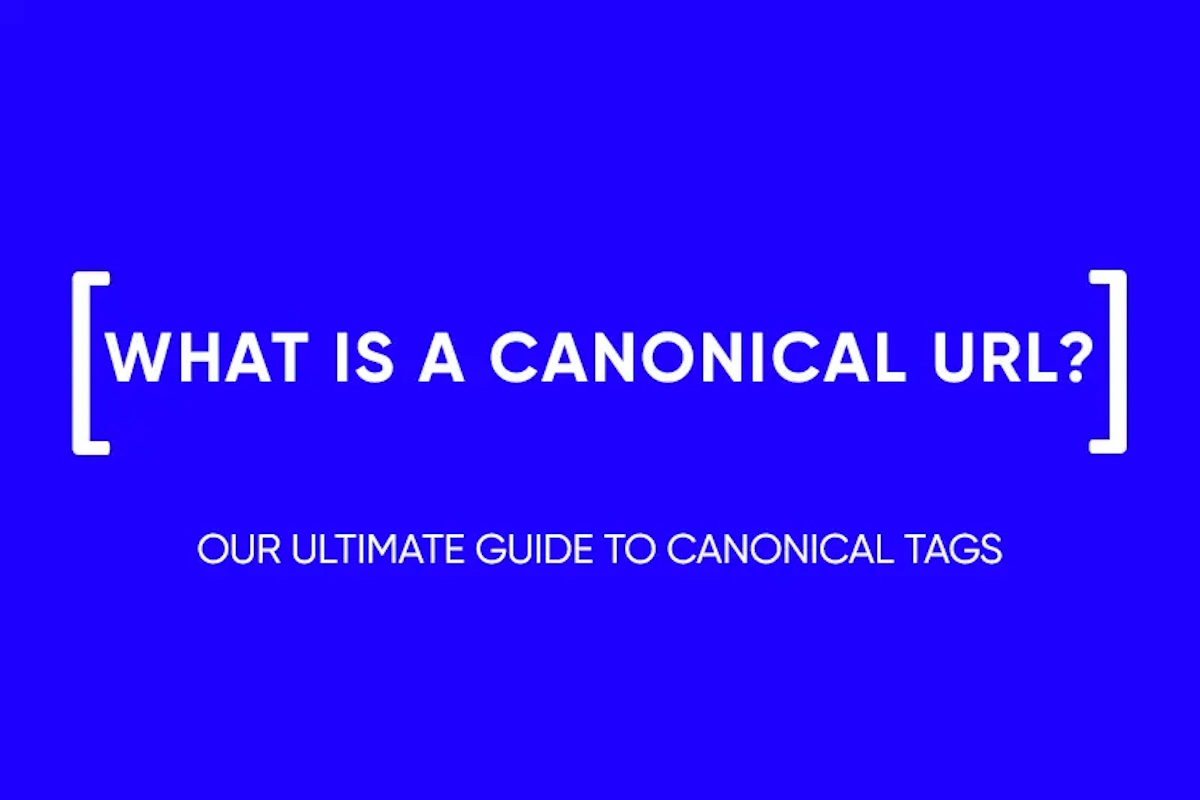Google Revamps Data Privacy and Advertising Policies in EU for DMA Compliance
In a significant move to align with the Digital Markets Act (DMA), Google is overhauling its data privacy policies, especially for targeted advertising in the European Union. This update, covered by Nicola Agius on January 17, 2024, marks a pivotal change in how brands and advertisers interact with users in Europe.
The tech giant is introducing several key modifications that brands and advertisers will start noticing in the upcoming weeks. These changes are in response to the DMA, a new legislation aimed at fostering a fair and open online environment by regulating the actions of large online platforms, referred to as “gatekeepers.”

A major aspect of this policy update is the introduction of additional consent banners across the EU. These banners are designed to seek user permission for sharing data for personalized content and ads. Non-compliance from users may lead to limitations or unavailability of certain features.
Another significant development is the introduction of a Data Portability API. This tool is poised to facilitate the transfer of data to third-party apps or services, meeting the DMA’s requirements for data portability. Data portability, the ability to move data across different applications and services, is a key component in targeted advertising strategies.
Google is also enhancing user choice on Android devices. New choice screens will be implemented, allowing users to easily switch their default search engines or browsers. This feature will be noticeable during the setup of Android phones and within the Chrome app on desktop and iOS devices.
In terms of search updates, Google is adding dedicated units with links to various comparison sites and refining search page shortcuts. For specific categories like hotels, the company is experimenting with a dedicated space for comparison sites and direct suppliers to provide more comprehensive results, including features like star ratings. Some existing features, such as the Google Flights unit, will be discontinued following these changes.
The DMA defines gatekeepers as large online platforms with a strong economic and intermediation position, stable over time, and operating in multiple EU countries. Non-compliance with the DMA can lead to hefty fines, periodic penalty payments, and even structural remedies like business divestiture.

Oliver Bethell, Google’s Director of Legal, expressed a mixed response to the DMA. While supporting the DMA’s goals around consumer choice and interoperability, Bethell voiced concerns over potential reductions in choices for people and businesses in Europe. Google plans to reveal more details on these changes before the DMA’s enforcement in March.
This move by Google, though challenging, signifies a crucial shift towards greater user privacy and fair market practices in the digital realm, aligning with the broader ambitions of the DMA to create a more equitable online landscape.
and stay up-to-date with the latest news about our platform and affiliate marketing.




